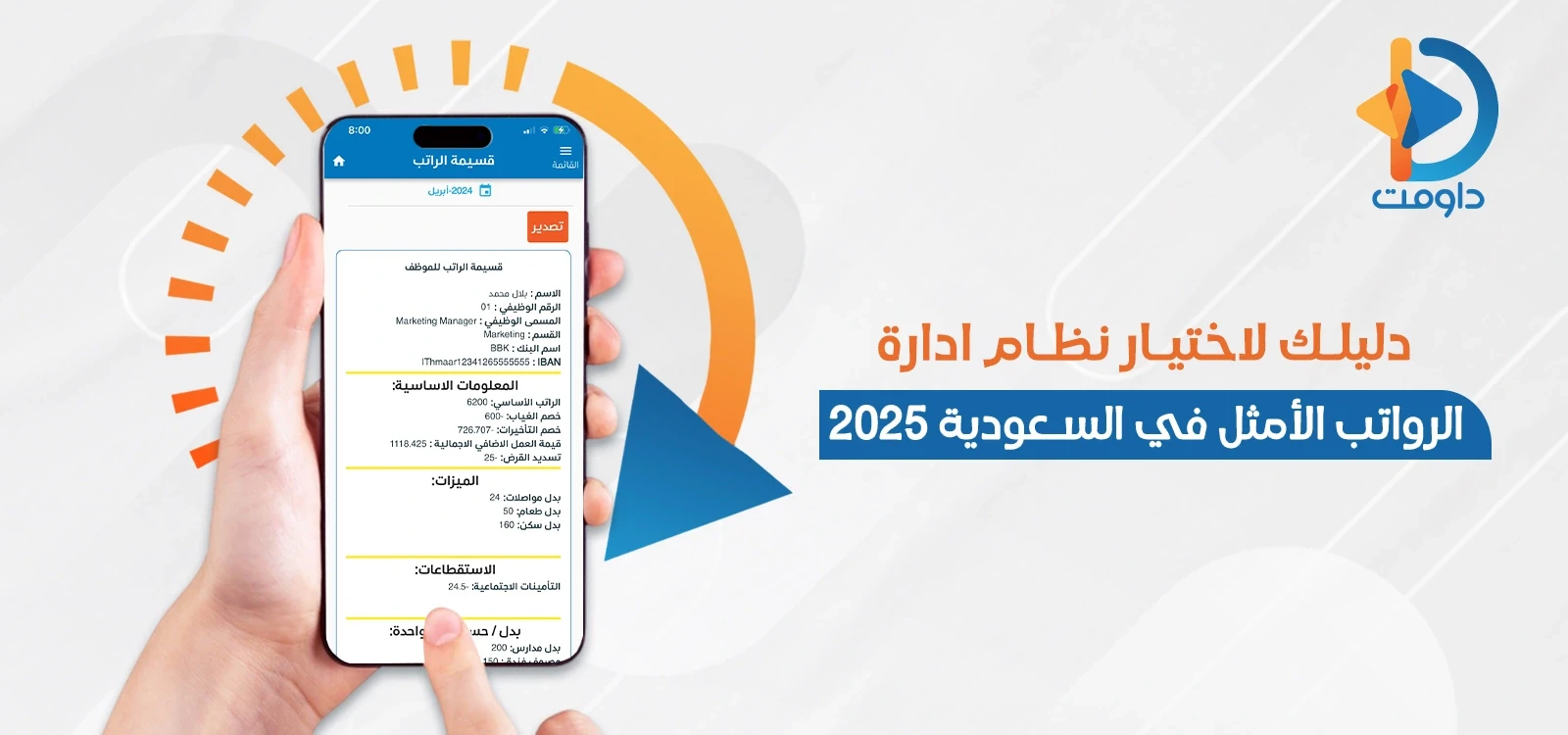The Middle East is a diverse region comprising multiple countries, each with its own HR regulations and labor laws. For organizations operating in the Middle East, it is essential to understand and comply with the specific HR regulations of each country.
Let's explore some common HR regulations in the Middle East and their significance for businesses:
- Employment Contracts:
- Most countries in the Middle East require written employment contracts that outline the terms and conditions of employment, including job responsibilities, working hours, compensation, and benefits. Adhering to these regulations ensures transparency and establishes clear expectations between employers and employees.
- Sponsorship Systems:
- In several Middle Eastern countries, a sponsorship system is in place where employees require sponsorship from their employers for residency and work permits. Employers must be aware of the responsibilities associated with sponsorship and fulfill their obligations towards their sponsored employees, including providing accommodation and ensuring timely visa renewals.
- Working Hours and Leave:
- Middle Eastern countries have regulations specifying working hours, rest periods, and annual leave entitlements. Employers must ensure compliance with these regulations to provide employees with adequate rest and work-life balance. Additionally, companies must adhere to religious holidays and cultural observances specific to each country.
- Nationalization Initiatives:
- Many Middle Eastern countries have nationalization initiatives that encourage the employment of local nationals. These initiatives aim to reduce unemployment rates among citizens and promote economic growth. Organizations operating in the Middle East should be aware of these initiatives and actively participate in nationalization efforts.
- End-of-Service Benefits:
- End-of-service benefits, are prevalent in the Middle East. These benefits ensure that employees receive compensation for their years of service upon termination or retirement. Understanding the calculation methods and adhering to the regulations governing end-of-service benefits is essential for employers.
Navigating HR regulations in the Middle East becomes easier with Dawmt Solution. Its comprehensive understanding of each country's labor laws and regulations enables organizations to comply with employment contracts, sponsorship systems, working hours and leave regulations, nationalization initiatives, and end-of-service benefit provisions. By utilizing Dawmt, businesses operating in the Middle East can establish a harmonious and legally compliant work environment while staying updated with evolving HR regulations.




